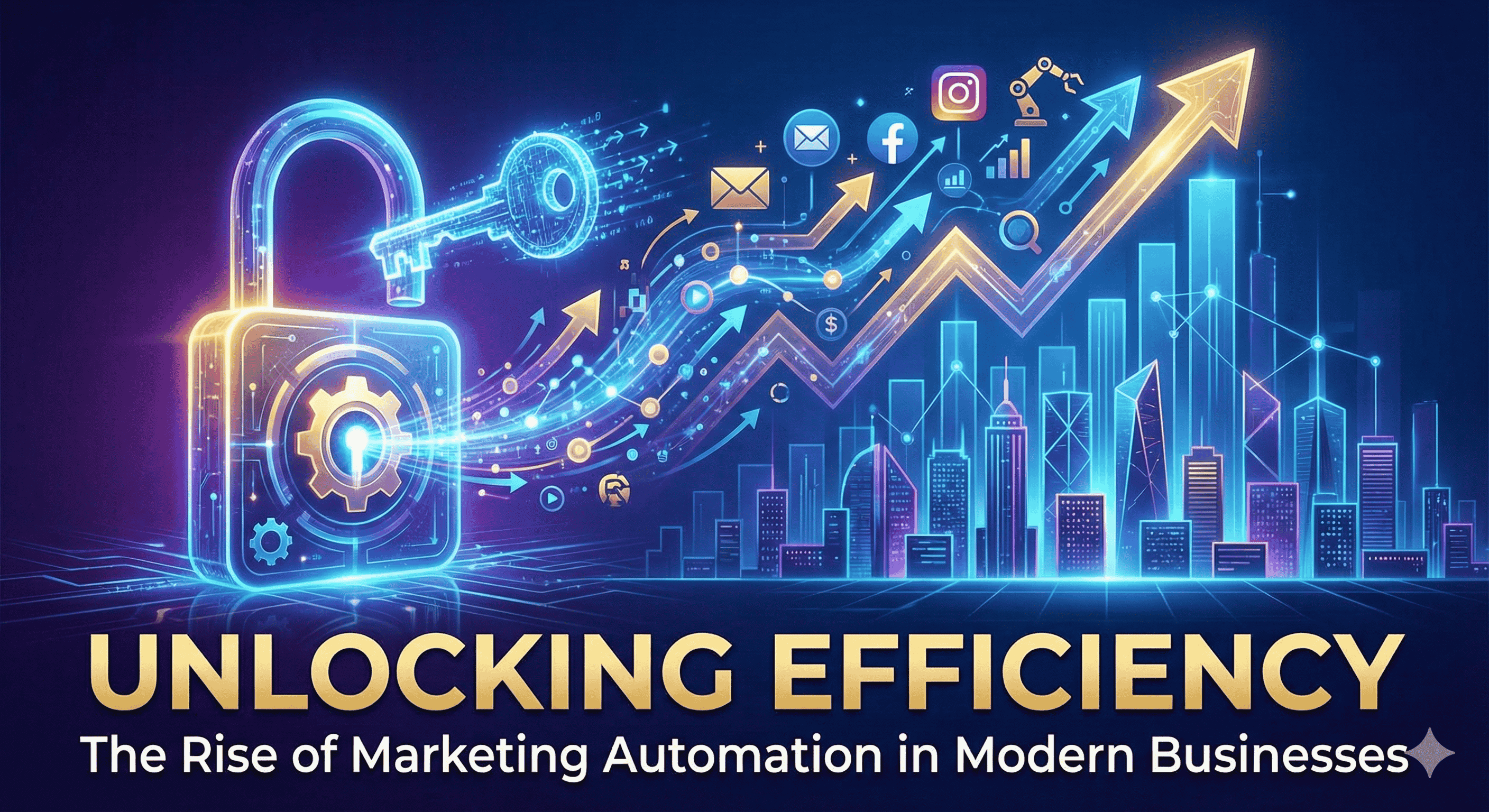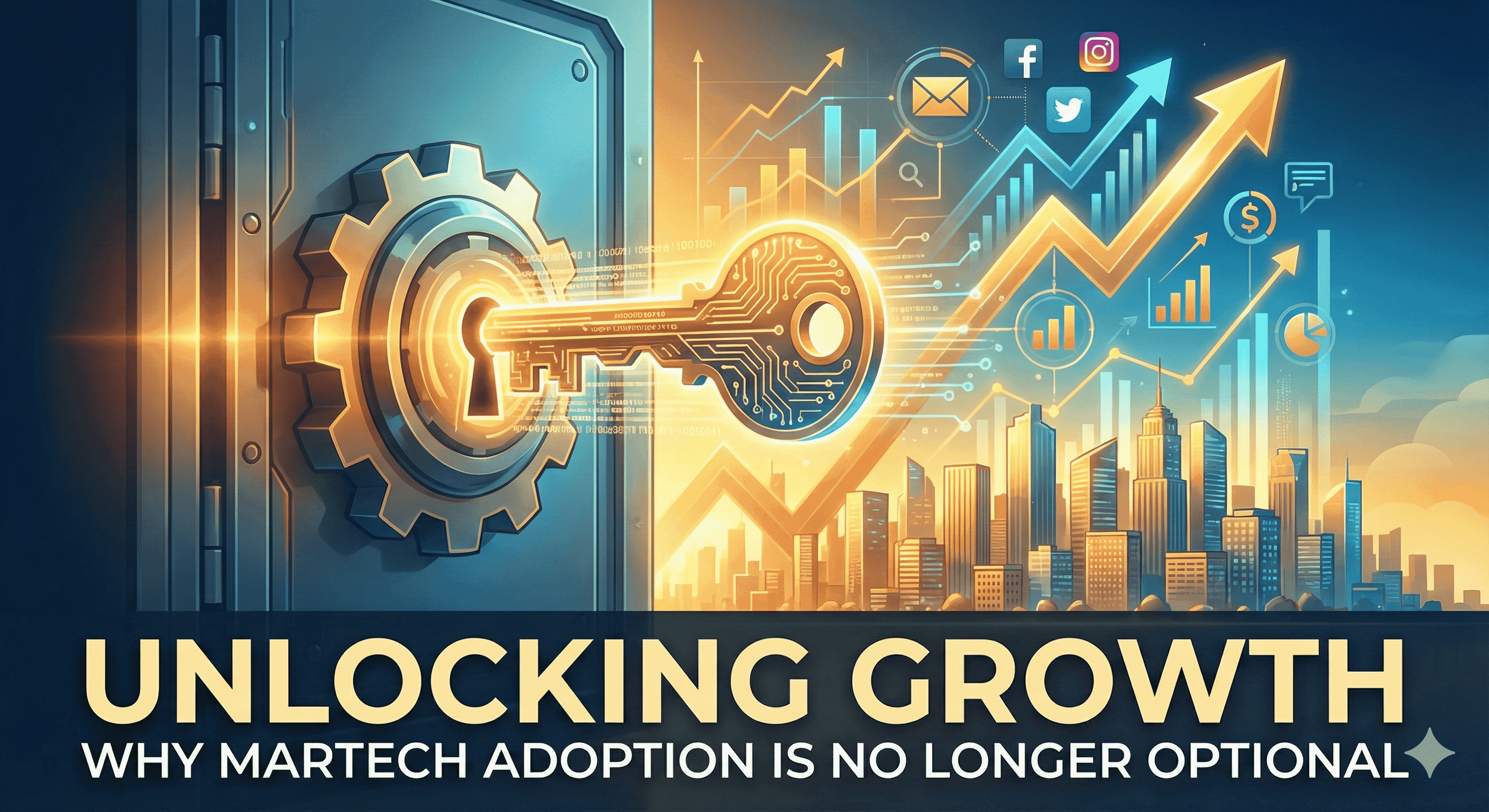In the rapidly evolving landscape of the 21st century, digital transformation has become a pivotal force reshaping industries, with marketing at the forefront of this revolution. From leveraging artificial intelligence (AI) to harnessing big data, organizations are rethinking their marketing strategies to embrace new technologies that enhance engagement, improve customer experience, and drive sales. In this article, we explore how digital transformation is revolutionizing marketing strategies and how businesses can navigate this dynamic terrain.
The Shift Towards Customer-Centric Approaches
One of the most significant changes brought about by digital transformation is the shift to customer-centric marketing. Traditional marketing focused on product features and benefits; however, modern strategies prioritize consumer needs and preferences.
Big Data and Analytics
Big data plays a crucial role in this transition. By analyzing vast amounts of customer data—from purchase history to social media interactions—businesses can gain insights into consumer behavior, enabling personalized marketing efforts. Predictive analytics allows marketers to anticipate customer needs, tailoring campaigns and product recommendations accordingly.
Personalization at Scale
With advanced technologies, companies can deliver personalized experiences at scale. Automation tools enable marketers to create customized email campaigns, targeted advertisements, and dynamic website content that resonates with specific audiences. This level of personalization not only increases customer satisfaction but also drives loyalty and conversion rates.
Embracing Artificial Intelligence
Artificial Intelligence (AI) is another cornerstone of digital transformation in marketing. From chatbots and virtual assistants to advanced analytics and machine learning, AI is reshaping how businesses interact with consumers.
Enhanced Customer Engagement
AI-driven tools can automate customer interactions, providing instant responses to inquiries and guiding users through their buying journey. Moreover, sentiment analysis allows companies to understand customer emotions and feedback in real time, enabling them to adjust their strategies proactively.
Optimizing Marketing Efforts
AI algorithms can analyze data from multiple sources, identifying trends and patterns that inform marketing strategies. By automating decision-making processes, businesses can optimize ad spend, identify the best-performing channels, and even predict the success of campaigns before they are launched.
The Rise of Omnichannel Marketing
Digital transformation has also paved the way for the rise of omnichannel marketing. Today’s consumers engage with brands across various platforms—social media, websites, email, and offline stores.
Consistent Brand Experiences
To thrive in this landscape, brands must ensure consistent messaging and experience across all touchpoints. This requires comprehensive integration of marketing channels, allowing marketers to gather insights from each platform and create a cohesive strategy.
Seamless Customer Journeys
An omnichannel approach enhances the customer journey, making it seamless and intuitive. By understanding how customers navigate from one channel to another, businesses can reduce friction points, guiding them effectively toward conversion while fostering a stronger relationship.
Leveraging Content Marketing and Social Media
Content marketing and social media have transformed the way brands connect with audiences. With digital transformation, these channels have evolved to be more impactful and essential for brand visibility.
Authentic Engagement
Consumers today seek authenticity and transparency from brands. Content marketing that tells a story or shares valuable insights encourages engagement and builds trust. Utilizing social media platforms effectively allows brands to interact with their audience, engage in conversations, and gain feedback.
Influencer Collaborations
Social media has also given rise to influencer marketing. Collaborating with influencers who resonate with target audiences allows brands to leverage established trust and tap into new consumer segments, enhancing brand visibility and credibility.
The Future: Adapting to Change
As digital transformation continues to shape the business landscape, marketers must remain agile and proactive. This means staying abreast of technological advancements and consumer trends, continuously optimizing strategies, and being willing to experiment.
Continuous Learning and Adaptation
Investing in ongoing education for marketing teams is crucial. Understanding emerging technologies and consumer behavior can help organizations stay ahead of the competition and adapt to new marketing paradigms effectively.
Ethical Considerations
As data privacy concerns grow, businesses must also navigate ethical considerations in their digital transformation journey. Transparency is key—consumers need to know how their data is being used. Building trust through ethical marketing practices will be vital to sustaining customer relationships in the long run.
Conclusion
Digital transformation is revolutionizing marketing strategies, making them more customer-centric, data-driven, and technologically integrated. As brands navigate this evolving landscape, embracing innovation while prioritizing authentic engagement and ethical practices will be key to thriving in the future. Businesses that can adapt to these changes and leverage new technologies will not only enhance their marketing strategies but also foster deeper connections with their audiences, paving the way for long-term success.








